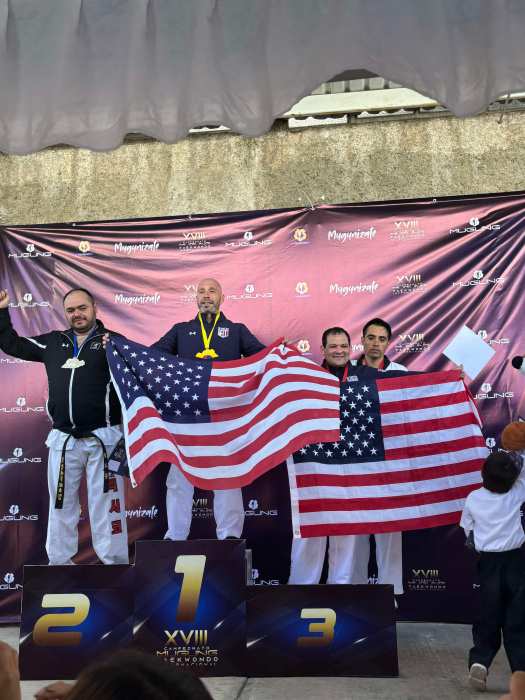By William Lewis
In recent years, there have been few major interparty battles within the Queens Democratic Party. This year, the situation may be different with Queens Democratic Chairman U.S. Rep. Joe Crowley (D-Jackson Heights) indicating that the Democratic county organization will not endorse state Sen. Tony Avella (D-Bayside) for re-election in the 11th Senate District in northeast Queens.
With Avella having joined the Independent Democratic Conference, the Democratic Senate leadership, in addition to the Democratic county leadership, oppose his actions. They want their senator to work with their party and they are opposed to any of their elected senators joining the IDC.
In the forthcoming primary against Avella, he will not have the wide range of support he had four years ago, when after serving in the City Council and running in the Democratic primary for mayor he won the Senate seat that had been represented by Frank Padavan for 38 years.
Avella has in the past noted independency. He is not one to adhere to party discipline. Regardless of the outcome of former city Comptroller John Liu’s primary against Avella, the Republican challenger will be facing a Democratic candidate with less financial and organizational support. It would take a strong Republican to win that seat.
Two years ago, a similar situation developed in the Queens Republican Party when it held a Republican primary against Councilman Eric Ulrich (R-Ozone Park), who was running for the 15th Senate District seat in southwest Queens against Sen. Joe Addabbo (D-Howard Beach), who had the endorsement of the Working Families Party.
Addabbo had also served on the Council prior to being elected to the Senate after defeating Sen. Serf Maltese, who had previously served in the Senate for 20 years.
Ulrich won the Republican primary in 2012. He went on to lose the fall general election to Addabbo. The following year he was able to win re-election to his Council seat.
In both cases involving Avella and Ulrich, both incumbent office holders are at odds with the party organizations and opposing party county policies.
Will Avella have the same political fate as Ulrich by winning his primary but losing the fall election?
Avella, being an incumbent senator for four years, had an advantage over Ulrich, who was seeking the Senate office for the first time.
Major interparty disputes can lead to important results.
In the case of the Democratic Party, the most serious interparty warfare occurred in the period of 1958-61, when a struggle took place for control of the city Democratic Party between the regular organization led by Carmine DeSapio and reformers.
During that struggle, a series of party primaries took place to elect state Assembly district leaders and county committees. The reformers, led by Mayor Robert Wagner and former Gov. Herbert Lehman, defeated the regulars who had been led by Tammany Hall for more than 150 years.
Since the early 1960s, there have been few major disruptions of the party leadership.
The conflicts of the Democratic Party in New York took place within the city’s five boroughs. In the Republican Party, major party disputes have been taking place periodically since the early 1980s.
As has been stated, it would be beneficial to our party political system if interparty disputes could be settled without developing into major interparty warfare.
In the case of Avella, a primary against an incumbent senator is a serious matter. It remains to be seen how this will affect other races. That is especially true of Senate and Assembly districts in the same general area as the 11th Senate District.



































